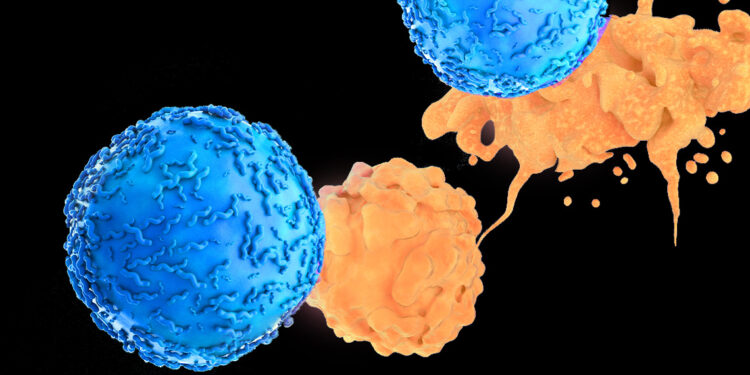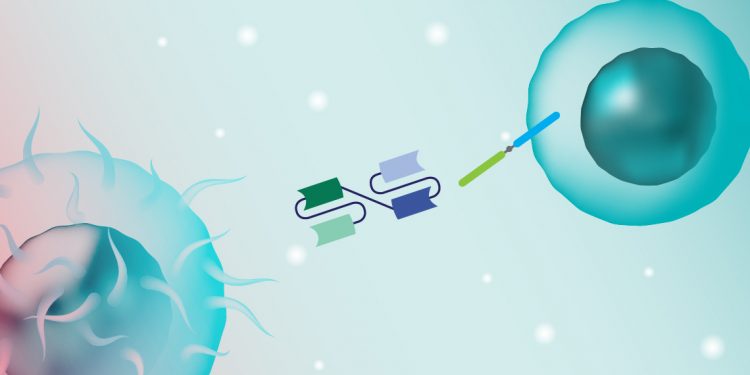
6 Key Considerations for Getting the Long and Short of RNA-Seq with FFPE Samples

Flow Cytometry Empowers CAR T-Cell Therapies

Maximizing Metastasis Insights with a Novel Integrated Workflow for CTC Enrichment and Enumeration

Generating Anti-CD19 CAR T Cells with High Efficiency and Viability via mRNA Electroporation

Exploring Circulating Tumor DNA (ctDNA) as a New Oncology Clinical Trial Endpoint

A Pioneering Approach to Biotherapeutic Antibody Discovery

Using ddPCR Technology to Improve Cancer Detection and Treatment Efficacy Monitoring

Bispecific Antibodies and Cancer Immunotherapy

Advancing Molecular Diagnostics for Myelodysplastic Syndrome


